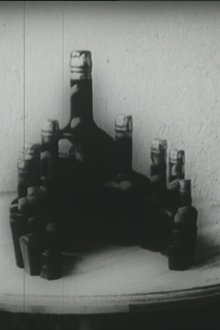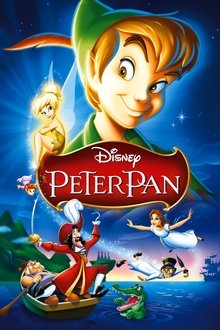A lyrical and funny story about the hard life of a village on the coast suffering from the high winds.
Related Movies
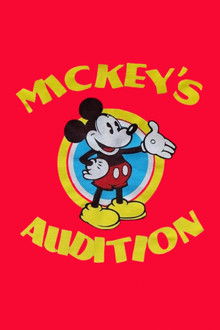
Mickey's Audition (1992)
A five-minute film for The Disney-MGM Studios combining live-action and animation. Mickey Mouse recalls his first big audition and subsequent filmmaking career.

Sweet Dreams (2008)
A cupcake escapes a city of sweets and is marooned on an island with vegetables where he learns to reform his destructive ways in this tasty stop-motion from the talented Kirsten Lepore.
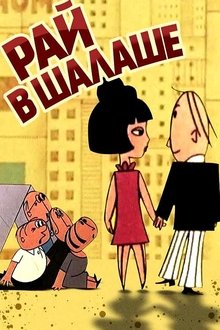
Love in a Cottage (1966)
Young pair which doesn’t want to study and prefers to be a burden to its parents.
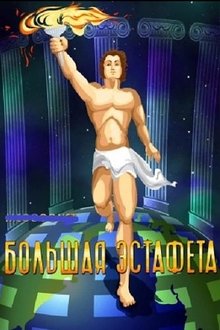
Big Relay Race (1979)
In ancient times, many centuries before our era, the Greeks fought so often and shed blood that even the formidable Zeus could not stand it and suggested taking a break every four years. For this, sports competitions were invented, during which it was strictly forbidden to fight with each other. The competition was named the Olympic Games, and since then the tradition has been passed down from generation to generation.
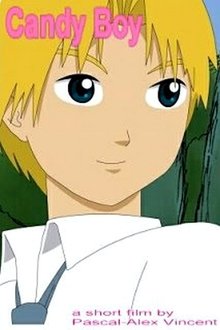
Candy Boy (2007)
Children are mysteriously falling ill at an orphanage. Candy Boy, the most valiant of the orphans, investigates, but the arrival of a new boarder complicates his inquiries.
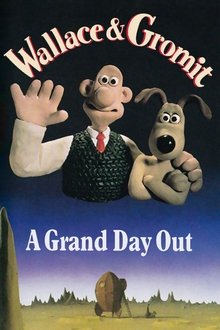
A Grand Day Out (1990)
Wallace and Gromit have run out of cheese, and this provides an excellent excuse for the duo to take their holiday to the moon, where, as everyone knows, there is ample cheese. Preserved by the Academy Film Archive.
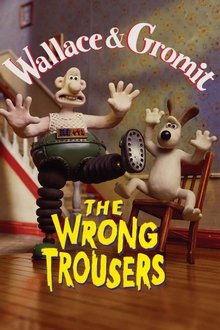
The Wrong Trousers (1993)
Wallace rents out Gromit's former bedroom to a penguin, who takes up an interest in the techno trousers created by Wallace. However, Gromit later learns that the penguin is a wanted criminal.
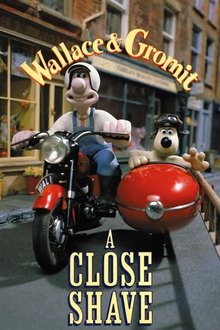
A Close Shave (1996)
Wallace's whirlwind romance with the proprietor of the local wool shop puts his head in a spin, and Gromit is framed for sheep-rustling in a fiendish criminal plot.
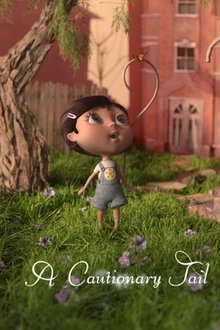
A Cautionary Tail (2012)
A little girl is born with a tail that expresses her emotions. As a child, her parents celebrate their daughter's uniqueness and her tail inspires magical make-believe adventures with her friends. As she grows up, however, the young woman faces pressure to fit in, and must choose between conformity and self-expression. An animated short film starring Oscar-winner Cate Blanchett, using a striking collage of 3D animated characters and hand-made miniature sets.

Hasan Everywhere (2010)
Hasan Everywhere is an animation which broaches the subtlety of a relationship between a man and a woman who bear the passports of enemies, to sympathetically deal with the subjects of death, grief, lost opportunity; but mostly it seeks to demonstrate the possibility of friendship triumphing over the deepest of rifts between two people. In that regard it is most unusual among the standard fare of animated shorts.
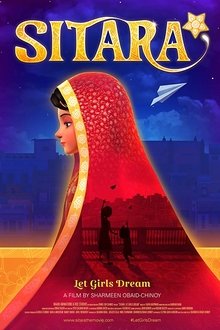
Sitara: Let Girls Dream (2019)
Pari, a 14-year-old girl, dreams of becoming a pilot while growing up in a society that doesn’t allow her to dream.

Everything is Fine (1991)
Animated film from Robert Sahakyants. Political satire on the last years of Soviet Russian rule over Armenia. It makes fun of several well known Soviet leaders. Based on a popular Russian song from the 1930's
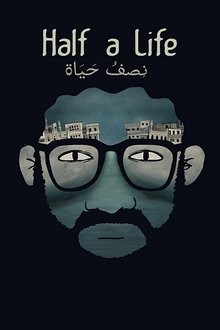
Half a Life (2017)
After a traumatic encounter, a young gay Egyptian joins the LGBT rights movement. When his safety is jeopardized, he must choose whether to stay in the country he loves or seek asylum elsewhere as a refugee. "Half a Life" is a timely story of activism and hope, set in the increasingly dangerous, oppressive, and unstable social climate of Egypt today.
